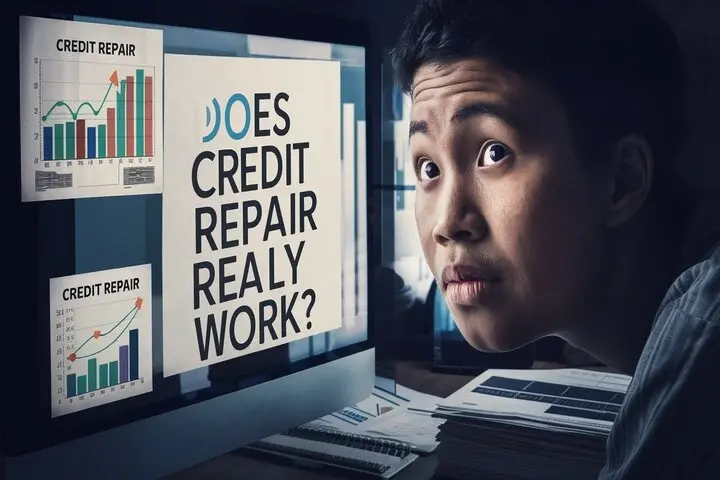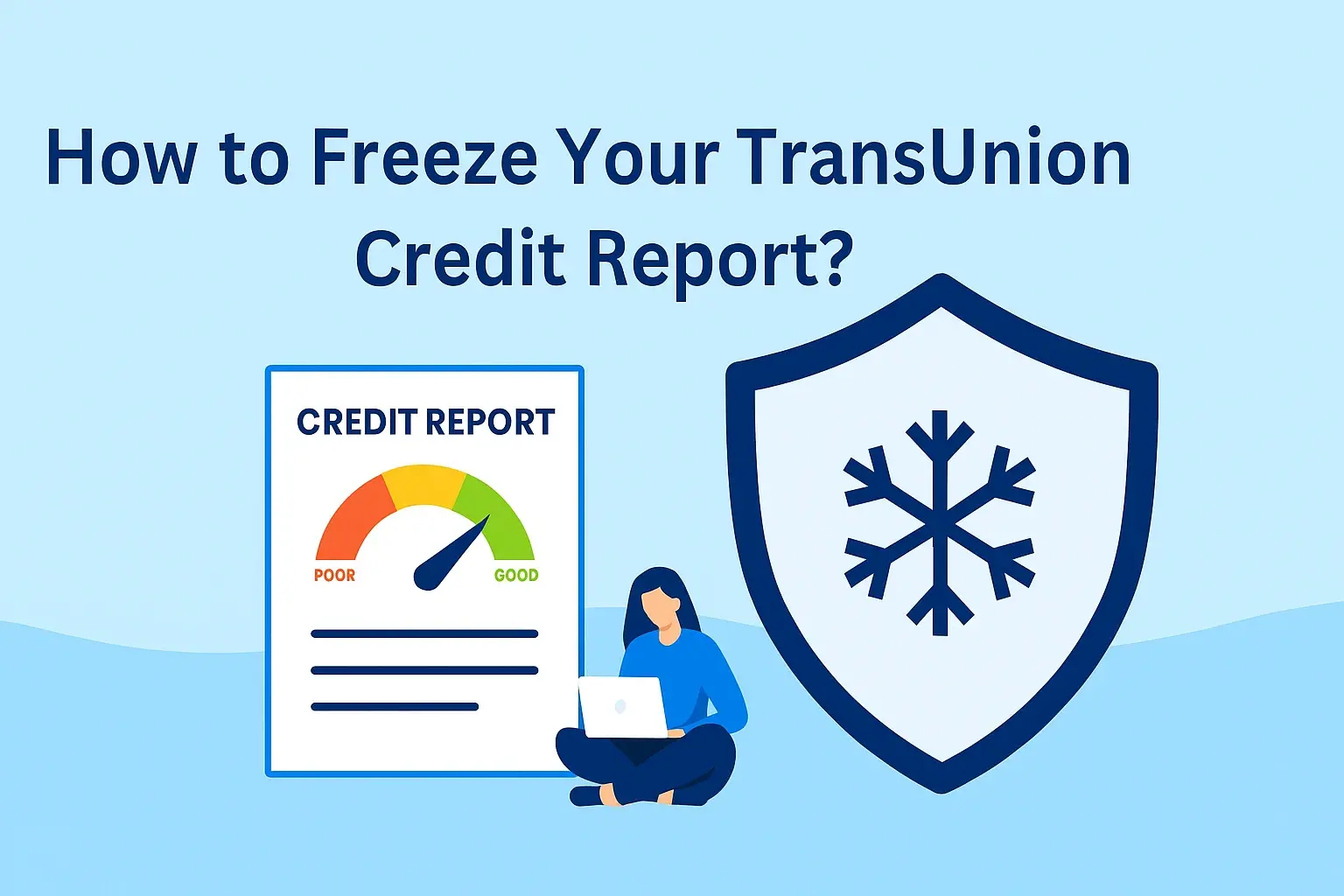Your credit score is a critical component of your financial life. It influences everything from your ability to get a loan and the interest rate you pay to renting an apartment and even landing a job. A low credit score can feel like a significant obstacle, leading many to explore credit repair as a potential solution. But does credit repair really work? The answer is complex and depends heavily on your understanding of the process and your expectations.
This comprehensive guide will delve into the realities of credit repair, exploring what it can and cannot do, the difference between legitimate services and scams, and how you can take control of your credit health.
What is Credit Repair?
Credit repair is the process of identifying and disputing inaccurate, incomplete, or unverifiable information on your credit report. This information might include:
- Incorrect account balances
- Late payments that were not actually late
- Accounts opened fraudulently in your name
- Outdated information (e.g., accounts older than seven years)
- Duplicate accounts
The goal of credit repair is to remove these negative items from your credit report, thereby improving your credit score. The legal basis for credit repair lies in the Fair Credit Reporting Act (FCRA), which grants consumers the right to dispute inaccurate information on their credit reports and requires credit bureaus (Equifax, Experian, and TransUnion) to investigate those disputes.
How Credit Repair Typically Works
The credit repair process, whether you undertake it yourself or hire a professional, generally involves these steps:
- Obtain Your Credit Reports: You're entitled to a free credit report from each of the three major credit bureaus annually at AnnualCreditReport.com. It's crucial to review all three reports as they may contain different information.
- Identify Errors: Carefully scrutinize each report for any inaccuracies, inconsistencies, or outdated information.
- File Disputes: Write a formal dispute letter to each credit bureau that contains the incorrect information. Include copies of supporting documentation to strengthen your claim (e.g., payment records, identity theft reports).
- Follow Up: The credit bureaus have 30 days (in most cases) to investigate your dispute. They will contact the creditor who reported the information and request verification.
- Review Results: The credit bureau will notify you of the results of their investigation. If the information is found to be inaccurate, it must be removed or corrected.
- Repeat as Necessary: If the credit bureau upholds the negative item, you have the right to appeal their decision. You can also send a "goodwill letter" to the creditor, explaining the circumstances behind the negative item and requesting its removal.
The Reality of Credit Repair: What It Can and Cannot Do
While credit repair can be a legitimate and effective way to improve your credit score, it's important to have realistic expectations. It's not a magic bullet that can erase legitimate negative information or create a brand new credit history.
What Credit Repair *Can* Do:
- Remove Inaccurate Information: This is the core function of credit repair. If you find errors on your credit report, disputing them and having them removed can significantly boost your score.
- Improve Credit Utilization Ratio: If errors are leading to an inflated credit utilization ratio (the amount of credit you're using compared to your total available credit), correcting those errors can lower your utilization and improve your score.
- Increase Credit Score: By removing negative items and correcting inaccuracies, credit repair can lead to a positive change in your credit score. The extent of the improvement depends on the number and severity of the errors on your report.
What Credit Repair *Cannot* Do:
- Erase Legitimate Debt: Credit repair cannot make legitimate debt disappear. If you owe money, you owe it, and simply disputing it won't make it go away.
- Create a New Credit History: Credit repair cannot magically create a positive credit history if you have a history of late payments, defaults, or bankruptcies.
- Guarantee a Specific Score Increase: No reputable credit repair service can guarantee a specific score increase. The impact of credit repair varies depending on individual circumstances.
- Remove Accurate Negative Information Before the Seven-Year Limit: Most negative information (excluding bankruptcy, which can stay on for up to 10 years) falls off your credit report after seven years. Credit repair cannot expedite this process for accurate information.
DIY Credit Repair vs. Hiring a Credit Repair Company
You have two primary options when it comes to credit repair: doing it yourself (DIY) or hiring a credit repair company.
DIY Credit Repair: The Pros and Cons
Pros:
- Cost-Effective: DIY credit repair is significantly cheaper than hiring a credit repair company. You'll only incur minimal costs, such as postage for sending dispute letters.
- Full Control: You maintain complete control over the process, allowing you to tailor your strategy to your specific needs.
- Educational: By actively engaging in the credit repair process, you'll gain a better understanding of your credit report, credit scoring, and consumer rights.
Cons:
- Time-Consuming: DIY credit repair can be time-consuming, requiring you to research, draft dispute letters, and track your progress.
- Potentially Overwhelming: Navigating the complexities of the FCRA and dealing with credit bureaus can be overwhelming for some individuals.
- Lack of Expertise: You may lack the expertise to identify all the potential errors on your credit report or to craft effective dispute letters.
Hiring a Credit Repair Company: The Pros and Cons
Pros:
- Expertise and Experience: Credit repair companies have expertise in identifying errors and crafting effective dispute letters.
- Time Savings: They handle the entire credit repair process for you, saving you time and effort.
- Negotiation Skills: Some companies may be able to negotiate with creditors on your behalf.
Cons:
- Cost: Credit repair companies charge fees for their services, which can range from a few hundred to several thousand dollars.
- Potential for Scams: Unfortunately, the credit repair industry is rife with scams. Some companies make false promises or engage in unethical practices.
- No Guarantees: Even legitimate credit repair companies cannot guarantee results.
How to Choose a Legitimate Credit Repair Company (If You Go That Route)
If you decide to hire a credit repair company, it's crucial to do your research and choose a reputable one. Here are some tips:
- Check for Licensing and Accreditation: Verify that the company is properly licensed and accredited by relevant organizations.
- Read Reviews and Testimonials: Look for online reviews and testimonials from past clients to get an idea of their experience with the company.
- Avoid Companies That Make Guarantees: As mentioned earlier, no legitimate credit repair company can guarantee a specific score increase.
- Be Wary of Companies That Ask for Upfront Fees: Under the Credit Repair Organizations Act (CROA), credit repair companies cannot charge you upfront fees before they have performed any services. They can only charge you after they have completed the work they promised.
- Understand Your Rights: Ensure that the company clearly explains your rights under the FCRA and CROA.
- Get Everything in Writing: Get a written contract that outlines the services the company will provide, the fees they will charge, and your rights as a consumer.
Common Credit Repair Scams to Avoid
The credit repair industry is unfortunately a magnet for scams. Here are some red flags to watch out for:
- Promises of Guaranteed Results: As stated previously, no legitimate credit repair company can guarantee a specific score increase.
- Requests for Upfront Fees Before Services Are Rendered: This is a violation of the Credit Repair Organizations Act.
- Pressure to Pay Immediately: Scammers often use high-pressure tactics to pressure you into signing up for their services immediately.
- Requests for Your Social Security Number or Bank Account Information Over the Phone or Unsecured Channels: Never provide sensitive personal information to an unverified source.
- Advice to Dispute Accurate Information: Disputing accurate information is unethical and can be illegal.
- Requests to Create a New Credit Identity (e.g., using a CPN): This is illegal and can lead to serious legal consequences.
Beyond Credit Repair: Building and Maintaining Good Credit
Credit repair is just one piece of the puzzle. To truly improve your credit health, you need to focus on building and maintaining good credit habits. Here are some essential tips:
- Pay Your Bills on Time: Payment history is the most important factor in your credit score. Set up automatic payments to avoid missing deadlines.
- Keep Your Credit Utilization Low: Aim to keep your credit utilization below 30%. Ideally, keep it below 10%.
- Don't Open Too Many New Accounts at Once: Opening multiple new accounts in a short period of time can lower your average account age and negatively impact your score.
- Monitor Your Credit Reports Regularly: Check your credit reports regularly for errors and signs of identity theft. You can do this for free at AnnualCreditReport.com.
- Consider a Secured Credit Card or Credit-Builder Loan: If you have limited or no credit history, a secured credit card or credit-builder loan can help you establish credit.
The Final Verdict: Does Credit Repair Work?
Credit repair *can* work, but it's not a magic wand. It works when used correctly, ethically, and with realistic expectations. It's most effective for removing inaccurate, incomplete, or unverifiable information from your credit report. It won't erase legitimate debt, create a new credit history, or guarantee a specific score increase. You can achieve successful credit repair through DIY methods, but if you choose to hire a credit repair company, carefully vet them and avoid scams. The best approach to credit health is a combination of credit repair (when necessary) and building positive credit habits.











